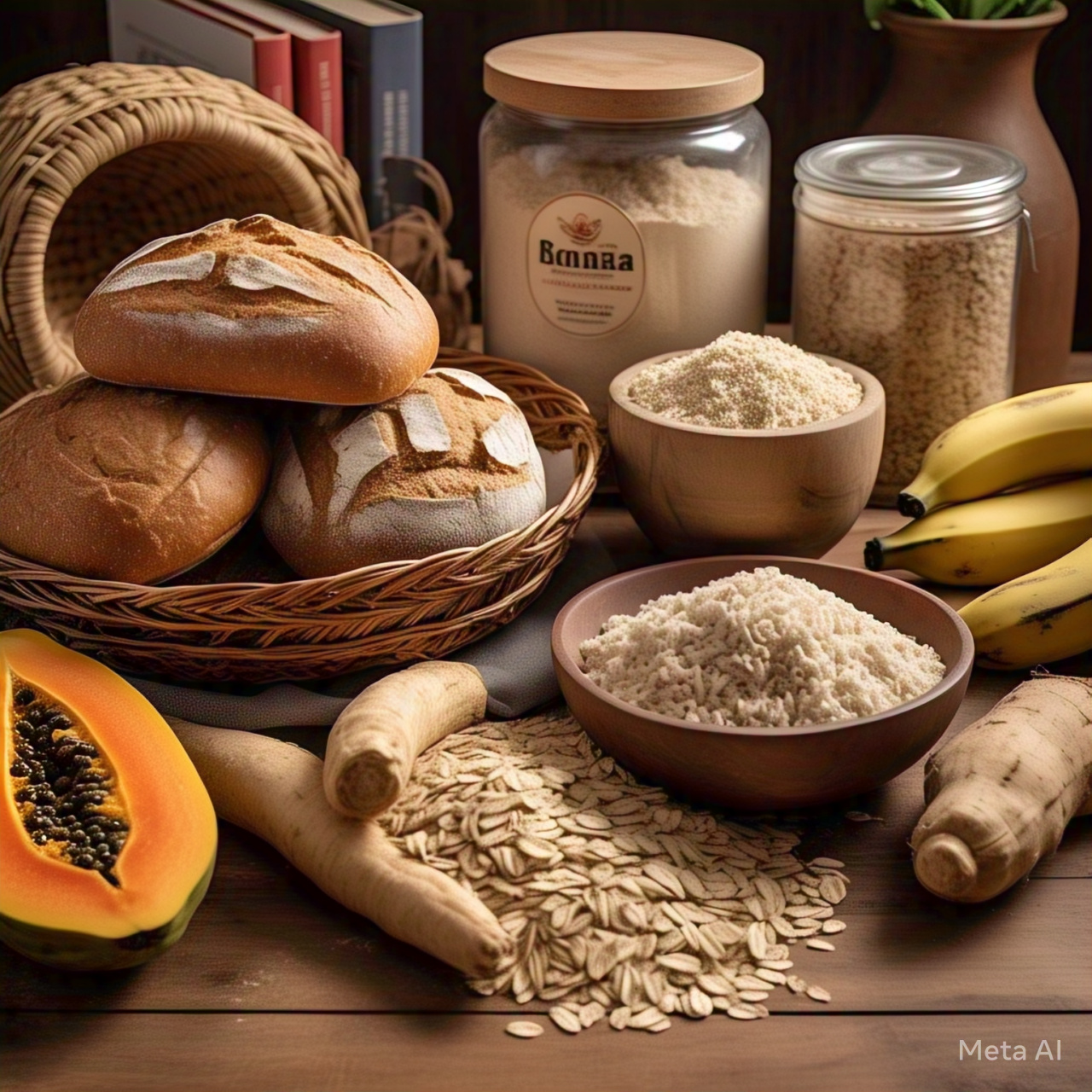
What Happens to the Brain Without Vitamin K? Due to Lack of Vegetables
Studies found that a vitamin K-deficient diet led to brain inflammation, memory decline, and reduced formation of new neurons.
Lacking Vitamin K? Here’s How Your Brain Reacts, According to Science
New evidence reveals that a deficiency in this vitamin may affect much more than blood clotting—it could also compromise memory and brain health.
Vitamin K has long been known for its role in blood clotting. However, a recent neuroscience study has raised concerns about another, lesser-known function: its direct impact on the brain.
In recent experiments with animal models, researchers observed that a vitamin K-deficient diet not only triggered brain inflammation, but was also linked to significant memory deterioration and a reduction in neurogenesis—the formation of new neurons. This process is especially active in the hippocampus, a brain region crucial for learning and memory formation.
According to the authors of the study, published in the journal Nutrients, older adults may be particularly vulnerable, as aging already affects brain plasticity and the production of new neurons. Vitamin K deficiency could accelerate that decline.
Although the researchers do not currently recommend widespread vitamin K supplementation—citing the need for further human studies—they strongly advise increasing the intake of green vegetables, such as spinach, kale, broccoli, and romaine lettuce, which are rich natural sources of this fat-soluble vitamin.
Previous studies had already linked vitamin K with improved cognitive performance and a slower progression of neurodegenerative conditions like Alzheimer’s. Its antioxidant and anti-inflammatory roles in the central nervous system are now drawing greater interest in the scientific community.
“We are only beginning to understand the full extent of vitamin K’s influence on brain health,” says Dr. Marta Rodríguez, a researcher in aging neurobiology. “But the findings already suggest that what we eat can be a powerful tool to keep our minds sharp as we age.”
In short, adding more leafy greens to your diet may not only benefit your heart or circulation—it could also be a silent ally in the fight against cognitive decline.











LEAVE A COMMENT: